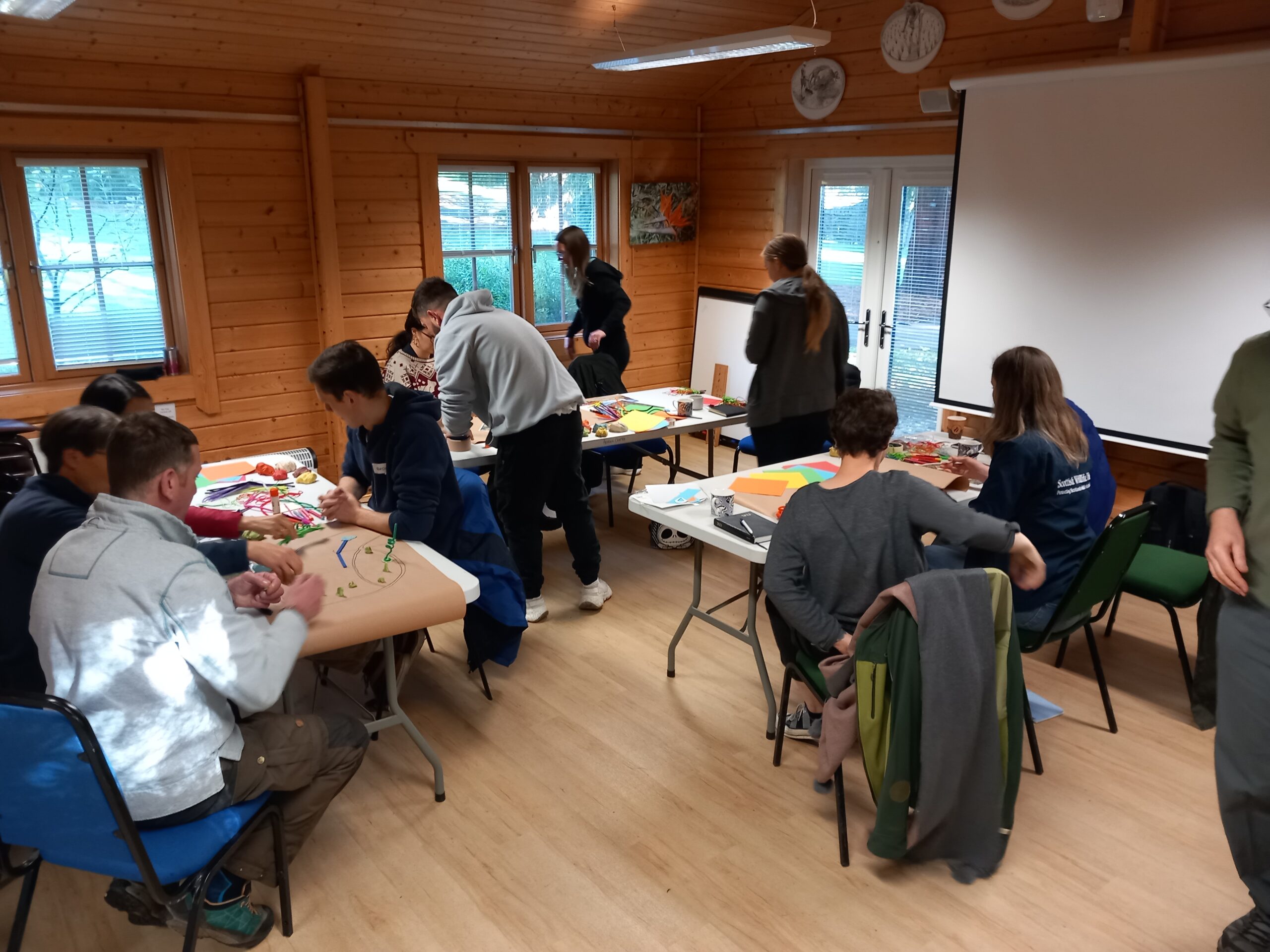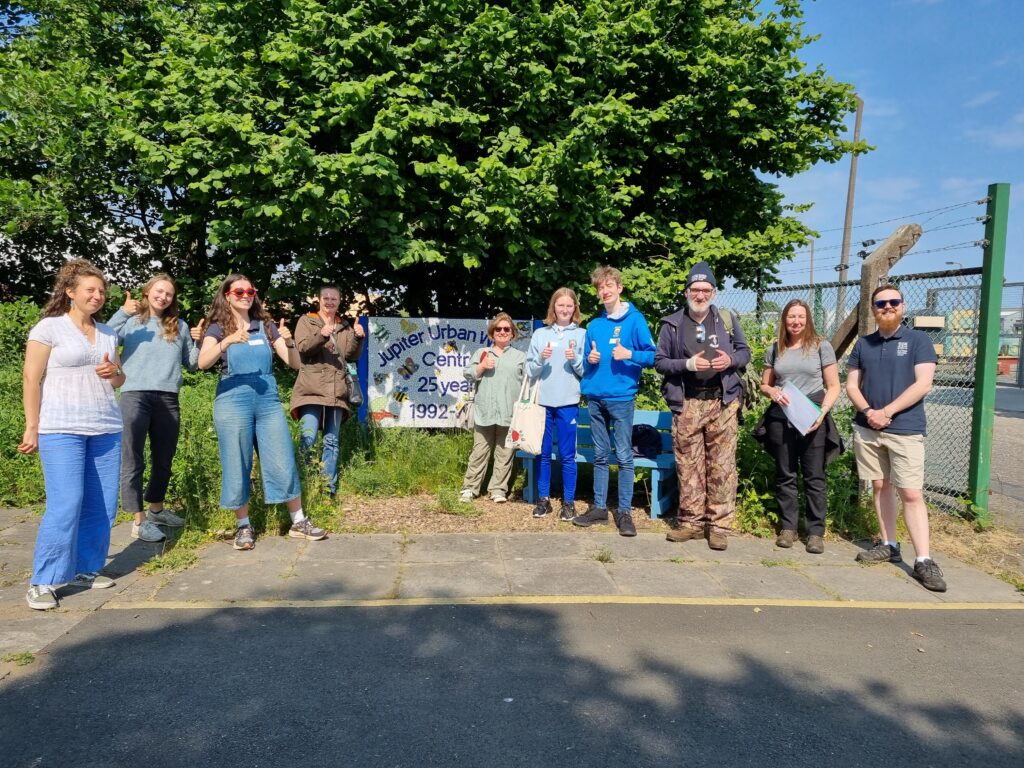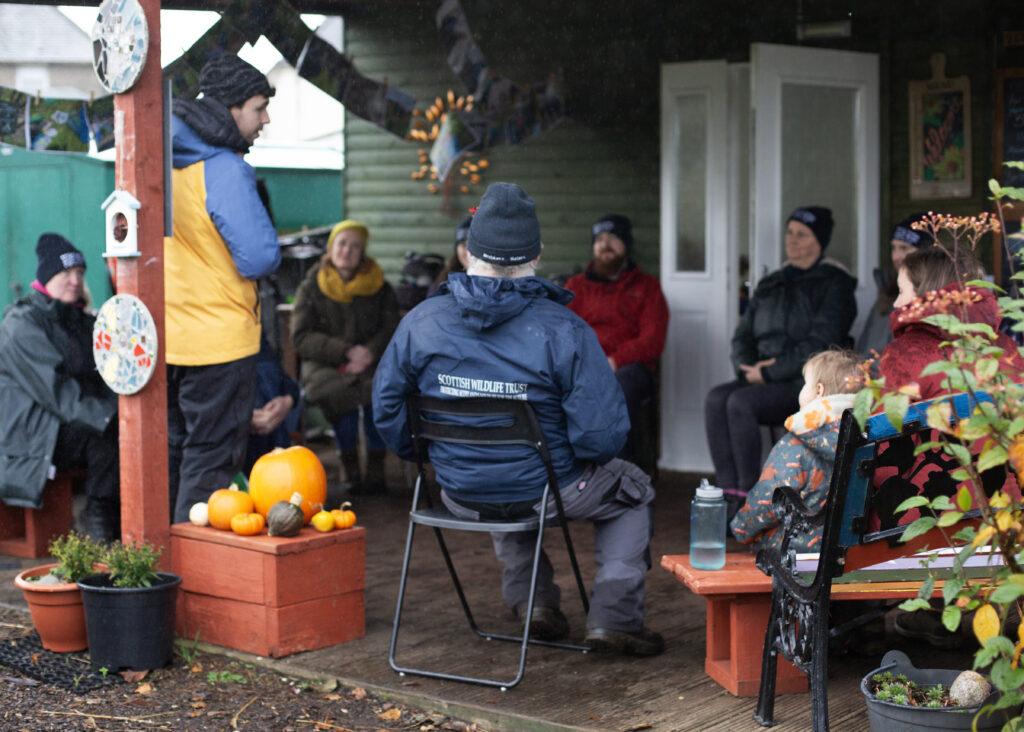A community consultation is essential in rallying local people around your project, hearing their thoughts and gaining invaluable feedback and insight.
What is a Community Consultation?
A community consultation is an arranged meeting with members of your community to discuss a specific topic, like a project you want to start to improve nature in your local area. Community consultations should take place before a project begins.
It’s important to get your community together and consult with them about anything that happens in it. This means the outcome is going to be something that the community actually wants, needs and will value.
You’ll need to have a rough idea of how many people you want to attend before finding a suitable venue and selecting a workable time and date that suits most people. Some further important things to consider are below.
Community representation
Getting a good cross section of the community to attend and give their opinions is important for any successful community consultation. This ensures that the whole community is represented, and everyone impacted has the chance to input into the decision-making process. But how do you make sure to get a good cross-section of your community at your consultation?
- Door-knock around the area where you want something to change to tell people about your ideas and invite them to attend your event
- Post about your event on local social media channels, such as community Facebook pages and in groups
- Print posters or leaflets and put them up in local shops, libraries and community centres
- If there’s a school or community centre in your local area, ask them if they might share information about the event with students, families, or customers
- Make sure that the time chosen would be suitable for most people. For example, holding a meeting at 3pm on a weekday would exclude a lot of people that work 9-5, as well as parents who have to pick up their children from school at that time
- Choose a venue that is appropriate to the location of the action you’re wanting to change, and make sure it is accessible. It could be the backroom of a local pub, or space in a library or community centre. Contact each to find out what’s available and ensure the space is suitable and accessible.
Running your community consultation
Once you’ve got a venue and you’ve invited people in the community, it’s time to make a plan for the meeting itself! Making a clear agenda of what you want to discuss, when and for how long, will help you keep things focused. It’s also worth thinking about who should run the meeting and who should be the minute-taker and take notes.
Other important things to consider:
- The person that runs the meeting is also commonly referred to as the ‘chair’ or ‘facilitator’. This person needs to be fair about making sure everyone has a chance to speak, and be able to keep the discussion focused and the meeting on-time according to your agenda.
- Make sure everyone has an opportunity to speak and is listened to. The decision being made may impact everyone there so it’s important to make sure everyone has the chance to give their opinion.
- If you have a project in mind, make sure to share all the important information with attendees, including locations, timelines, work involved, and any associated costs. Remember to include ways for people to get involved and make sure to collect contact details of anyone interested in being involved and receiving updates, so you can share news of your project and call-outs for help more easily.
- The minute-taker should share the meeting notes with the participants after the event, alongside details of the next meeting or ways to connect. They also need to share the action points and who will be doing them to keep things on track and keep the project moving forward.
Additional Resources
If you’d like to find out more about running a community consultation, including how to choose a venue and example meeting agendas, our free online Pioneers Programme course is now available for members of the public to access and work through for free. Find out more about the programme and how to register here.


